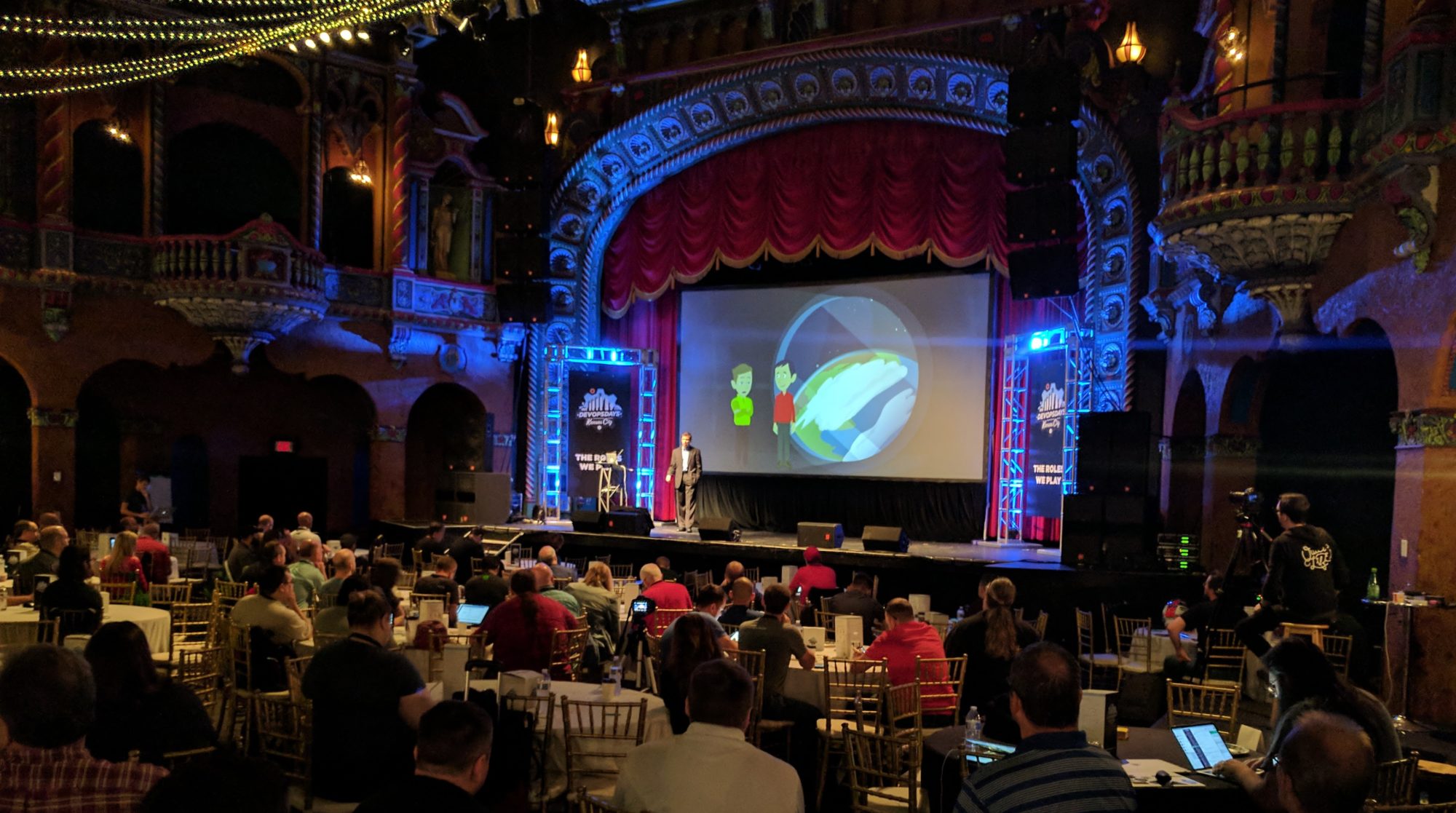IT Conversations has a very interesting session posted with Malcolm Gladwell. I’m currently reading his book Blink, but this recording is a great way to see if you’d be interested in the book. Blink deals with the ways we make snap decisions and points out the ways we can be right and the ways we can be wrong.
In this session (and in the book) he uses a tremendous number of stories and examples which makes it facinating and easy to remember.
IT Conversations: Malcolm Gladwell – SXSW Interactive 2005 —
Snap decisions are much more complex than we think and even when we believe we are talking rational, well-thought out decisions we may still be largely driven by the initial snap judgment. We are always making snap judgments, as he illustrates in areas ranging from music audition to hiring CEOs and diagnosing heart attacks, and yet we know very little of what influences them. The more we learn how to control the stimuli for these judgments, the more likely that our judgments and decisions well be correct.
